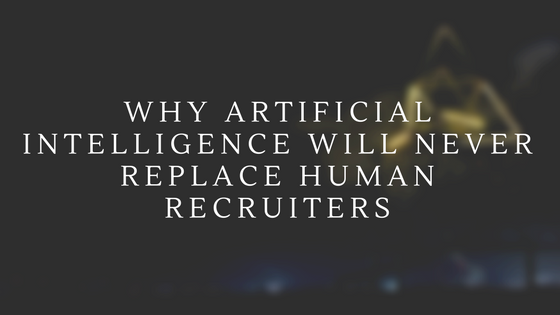Technology has been mistakenly categorized as a threat to humankind for nearly 500 years. This faulty perspective first surfaced in 1589, when Queen Elizabeth I denied a patent on the first mechanized knitting device because she was concerned how such an invention would impact the hand-knitting industry.
Naturally, such fears have spread through the world ever since, causing great divides between those who believe humans can harness and control the power of technology and those who are certain technology jeopardizes their very way of life.
One can only imagine just how heated this debate has become in recent years, especially as the progression of artificial intelligence robots continue to make headlines and seemingly threaten the jobs of human beings in every industry from finance to human resources.
However, it is important to note that no matter how intelligent technology may appear, there are a good number of human traits that cannot be replicated.
For instance, artificial intelligence bots cannot match a human’s ability to learn from a single mistake. Instead, research has shown that bots are required to analyze millions of similar situations before performing a single task, meaning they also lack the ability to think creatively or make split decisions.
So, while such robots may be able to sift through data and possibly execute small-scale tasks, they would be all but incapable of imitating a financial planner, who is adept at crafting a detailed, long-term plan that fits a client’s needs, goals, and financial restrictions.
Furthermore, artificial intelligence bots cannot emulate natural emotional responses like empathy, which is essential to nearly every position within the human resources industry. These robots also cannot detect or rationalize the small red flags professional recruiters are trained to watch for — such as body language, vocal intonation, and inconsistency between one’s resume and how they discuss their credentials.
Additionally, artificial intelligence cannot consistently seek new methods of improving their interview process or craft engaging questions that will intrigue prospective hires. Instead, they only perform the tasks they are programmed to complete, which barely rank above menial, entry-level work. So, how could the human resources industry possibly benefit from replacing their living, breathing, and creatively thinking professionals with inventions that would not only require constant updates and maintenance but cannot even turn a doorknob without toppling to the ground?
In short, no industry would not benefit from such a change, especially when so many companies make it a point to recognize and appreciate the diverse talent and value human beings bring to the table.
With these factors in mind, the public ought to adapt its mindset to view technology as a helpful asset rather than a hindrance. After all, individuals will likely see the details of their job descriptions change as technology continues to advance, thus allowing them to spend less time on mindless tasks and focus more on complex projects that require critical or creative thinking, strategic planning, and other exclusively human talents.

